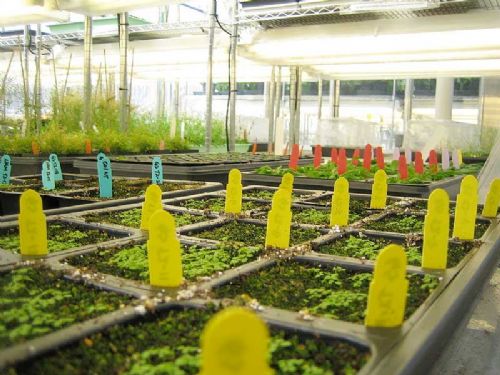
Innovation in plant science is essential not only to safeguard the supply of safe, high quality, affordable food, but also to maintain the health and well-being of the nation.
That was the key message delivered by Dominic Dyer, chief executive of the Crop Protection Association, to a major gathering of health professionals, teachers, dieticians and caterers in Glasgow on 14 March.
Speaking at Food Safety and Nutrition Live sponsored by the Food Standards Agency Scotland, Mr Dyer said:
"As the world population exceeds 7 billion we are facing an unprecedented demand for water, land and energy resources which will continue to push up the price of food."
"As millions of low income families across Britain struggle to meet their weekly food shopping bills and local authorities come under increasing pressure to cut expenditure for food in schools, hospitals and care homes, we are already seeing how these increasing costs are having a major social and economic impact in the UK.
"Access to the latest advances in plant science - in crop genetics, agro-chemistry and agronomy - will be needed to help keep the lid on food price inflation by ensuring food supplies keep pace with the demands of population growth.
"At the same time, our expanding knowledge base in plant genetics is opening up major opportunities to improve food quality and nutrition. UK scientists, for example, are at the forefront of crop-based research to help tackle obesity and heart disease, to raise levels of essential vitamins and minerals, and to provide renewable, plant-based sources of healthy Omega 3 oils," he said
But Mr Dyer warned that an anti-science policy agenda in Brussels threatened progress in plant science by blocking developments in crop protection and biotechnology.
"The public increasingly recognise that the era of cheap food is over and look to Government and the food chain to ensure we can harness the latest science and technology to meet our food security needs," he said.
"But arbitrary restrictions on EU pesticide approvals and a near total block on GM crop development are threatening to deter investment and stifle research. It is time for Europe’s policy-makers to stand up for sound science and to recognise the vital role of modern, science-based agriculture in meeting our future food needs," concluded Mr Dyer.
